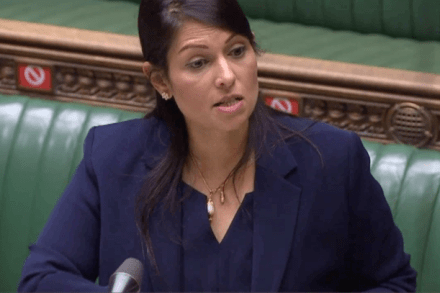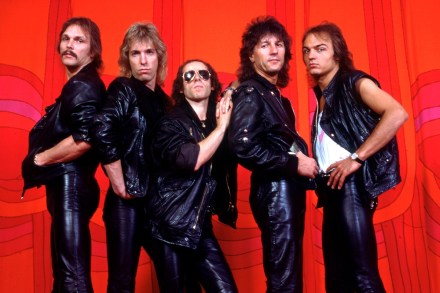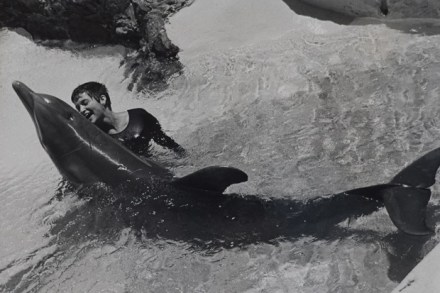Priti Patel: I will not take lectures from Labour on racism
Priti Patel was in the Commons today, to be asked about the policing of the recent Black Lives Matter protests across the country. And, it was an understatement to say that the Home Secretary was taking no prisoners when it came to accusations from Labour that she or the government did not understand racism in this country. In response to Labour MP Florence Eshalomi – who asked whether the government and the Home Secretary recognised that there is racism and discrimination in the UK – Patel gave a remarkable speech in which she declared that she would ‘not take lectures’ from Labour about racism, and accused those who expect ethnic minorities to behave











